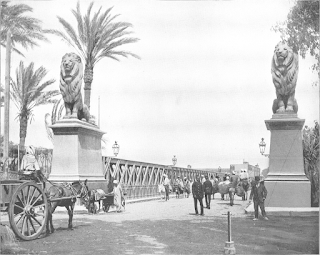Lord’s Day, the
Lord’s Day, the As well as keeping the Sabbath, the first Christians assembled together on the first day of the week to commemorate Jesus Christ’s resurrection through the Lord’s Supper. The Lord’s Day quickly became the focal point of the Christian week, eventually assuming the characteristics of the Jewish Sabbath, namely worship and rest. Manser, Martin H. Dictionary of Bible Themes: The Accessible and Comprehensive Tool for Topical Studies. London: Martin Manser, 2009. Print.









